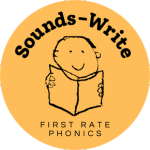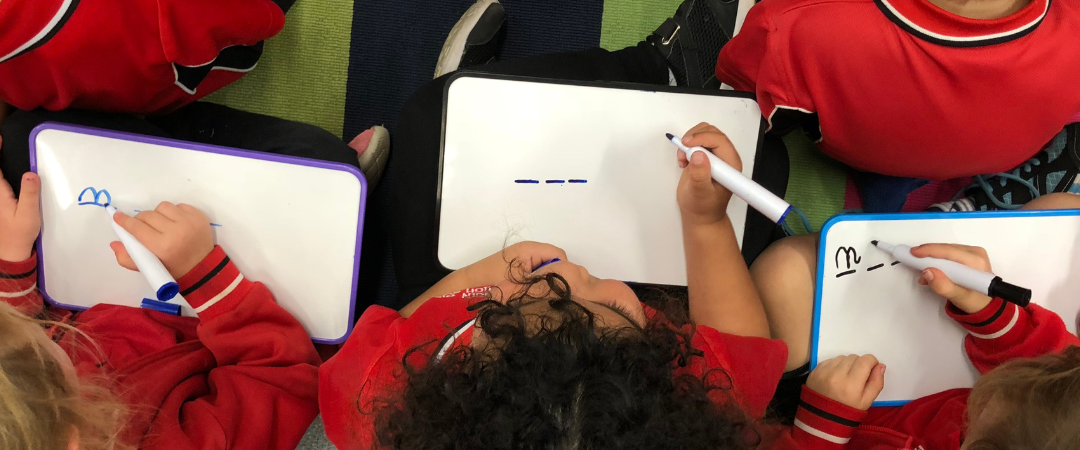1 in 6 people in the world are completely illiterate, and 3 billion struggle with basic literacy. The effects of illiteracy extend far beyond what you might imagine. It has major economic, social, and health implications at both an individual and a societal level.
Impact of illiteracy on health
Without literacy, people struggle to understand health information. Have you ever been handed a pamphlet by your doctor or been told to read the side effects of your prescription medication? Imagine not being able to consume this important medical information because you cannot read. The barrier to information access that illiteracy causes exacerbates the risk of disease transmission and ill-health more generally. Here are some of the impacts that illiteracy can have on health:
- Higher likelihood of practicing poor health behaviours
- Lack of engagement with health services
- Higher rate of hospital admissions
- Lesser comprehension of and adherence to medical advice
Social effects of illiteracy
Those of us who are privileged to be literate might struggle to imagine the impact on self-esteem and life outcomes caused by illiteracy. Many parents and teachers will know how much illiteracy impacts a child’s self-confidence and self-esteem. If illiteracy continues into adulthood, there are various social impacts that can come about as a result:
- Fewer employment opportunities
- Lower income
- Welfare dependency
Economic impacts of illiteracy
Illiteracy costs the global economy £800 billion annually!
Here are some of the economic impacts of illiteracy:
- Increases in the costs of welfare, unemployment, and social programmes
- Reduced tax revenue and productivity
- Fewer skilled workers
- Slower GDP growth
Heckman (2018) found that quality early childhood literacy programmes have an annual return on investment of 13%. That means they ultimately pay for themselves over time. In other words, giving young children the best literacy education available benefits both them and society.
The solution: intervention
If young children’s burgeoning neural pathways aren’t nurtured by a strong foundation in literacy, children are more likely to struggle academically, drop out of school, and face adverse outcomes in later life. However, there is a way for us to radically alter children’s life chances for the better – by providing them with explicit instruction in phonics from an early age. We believe that no child should be left behind on the road to literacy. By adopting methods grounded in research and the Science of Reading, most children can and should be taught to read and write with a high level of proficiency.
Read our sources:

